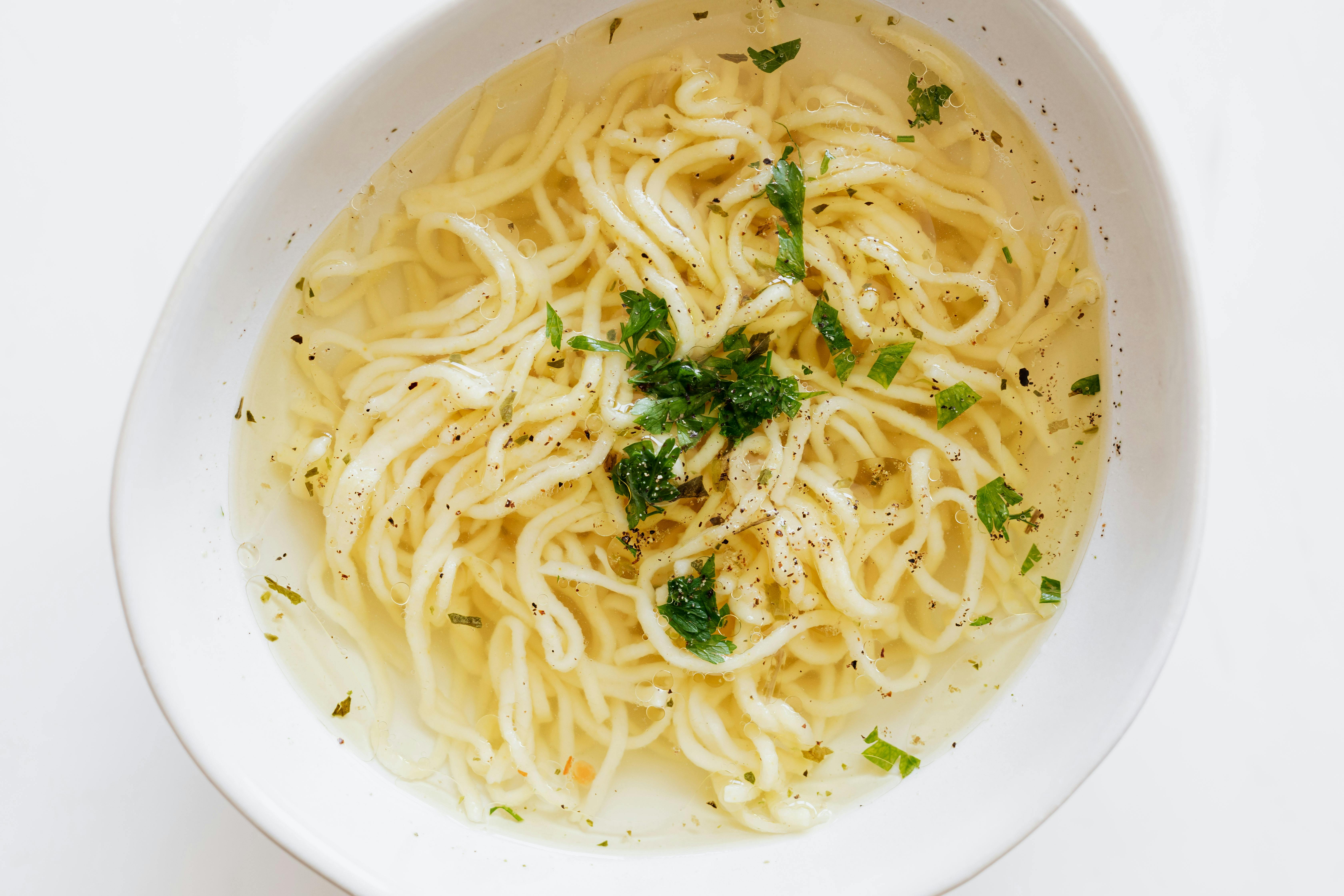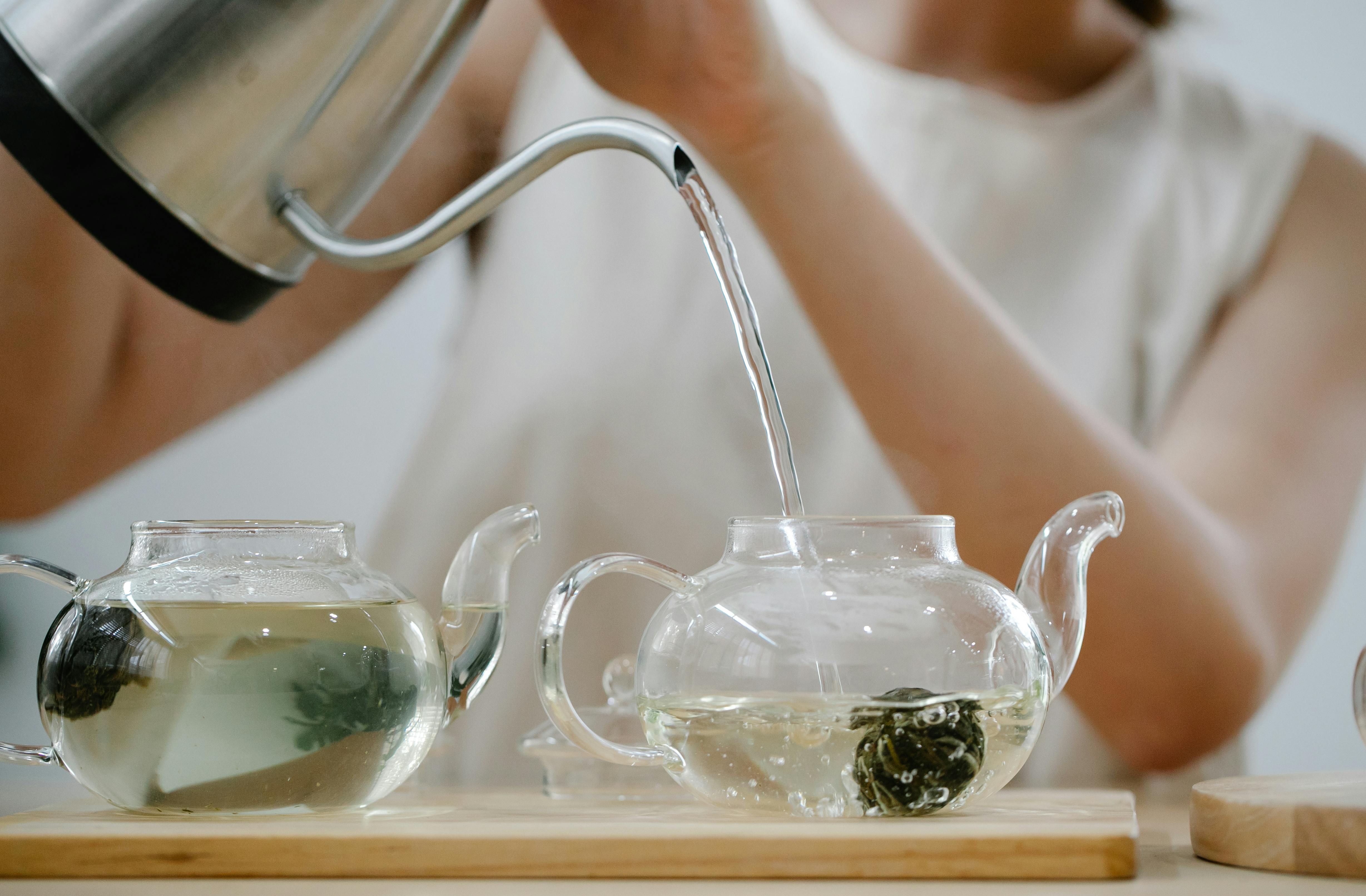Boiled water and distilled water are both popular methods for purifying water. Boiled water is heated to a temperature that kills most contaminants, while distilled water is further purified through the process of distillation. Both types of water can be effective in providing purified drinking water, but there are advantages and disadvantages to each. In this article, we will discuss the differences between boiled and distilled water and explore whether boiled water is as good as distilled water.Boiled water is water that has been heated to its boiling point of 100°C (212°F). Boiling the water kills any harmful bacteria or other microorganisms, making it safe to drink. Boiling also removes any lingering tastes or odors in the water. Boiled water can be used for drinking, cooking, and cleaning purposes.
What Is Distilled Water?
Distilled water is a type of purified water that has had both impurities and minerals removed. It is created by boiling regular water and then condensing the steam into a clean container, leaving all of the solid contaminants behind. This process is known as distillation and it is often used to purify drinking water. Distilled water has many uses, including medical, laboratory, and industrial applications. It can also be used for drinking or cooking purposes if desired.
Distilled water is generally more expensive than regular tap water but can be beneficial in certain circumstances. For example, it has fewer contaminants than regular tap water, making it safer to drink for those with certain health conditions or sensitivities to minerals in regular tap water. It also prevents the buildup of mineral deposits in pipes and other equipment because it does not contain any dissolved minerals. In addition, its lack of taste makes it ideal for use in coffee makers and other devices that require purer waters for better flavor extraction.
In some cases, distilled water may not be the best choice for drinking purposes due to its lack of essential minerals such as calcium and magnesium
Boiled and Distilled Water Differences
Boiled water and distilled water are two different types of purified water. Boiled water is heated to a temperature of 100 degrees Celsius, while distilled water undergoes a process known as distillation, which removes impurities from the water. The main difference between boiled and distilled water is that boiled water still contains some impurities, while distilled water is free of any impurities.
Boiled water is often used for drinking purposes, while distilled water is mainly used in laboratories and medical applications. Boiling the water will kill any bacteria or microorganisms in the water, but it does not remove any other impurities such as minerals or chemicals. On the other hand, distillation removes all contaminants from the water by boiling it at a very high temperature and then condensing the steam back into liquid form.
Another difference between boiled and distilled water is that boiled water has a much higher mineral content than distilled water. This is because boiling does not remove minerals from the solution, whereas distillation does. Therefore, boiled water can have a slight salty taste due to its mineral content, while distilled water
The Benefits of Drinking Boiled Water
Drinking boiled water has many health benefits, including improved digestion, enhanced nutrient absorption, and improved hydration. Boiling water eliminates harmful bacteria, viruses, and other microorganisms that can make you sick. It also kills parasites and reduces the risk of waterborne diseases. Boiling water also removes impurities like dirt, sediment, and heavy metals from the water.
Additionally, boiling water helps to make it safe for drinking. It breaks down chemicals like chlorine and fluoride that may be found in tap water. This can help to improve the taste of the water as well as making it safer to consume. Boiling also helps to remove any unpleasant odors or tastes from the tap water.
Finally, drinking boiled water can also help to improve your overall health. Boiling destroys any harmful bacteria or viruses that may be present in your drinking water. This can reduce your risk of developing certain illnesses or infections associated with drinking contaminated water. Additionally, boiling can help to reduce inflammation in your body which can help to improve your overall wellbeing.
Benefits of Drinking Distilled Water
Distilled water has a wide range of benefits when it comes to hydration. It is free from chemicals, minerals, and impurities that are often found in other types of water. This makes it one of the purest forms of water available for consumption. Here are some of the key benefits associated with drinking distilled water:
Mineral-free
Distilled water is completely free from minerals, which makes it a great choice for those who are looking for a mineral-free option. Minerals can sometimes be beneficial, but they can also cause problems if they are present in high levels. By eliminating them entirely, distilled water provides a safe and healthy option.
No Contaminants
Distilled water is free from contaminants that can be found in other types of water sources. This includes bacteria, viruses, chemicals, and other impurities that can potentially cause health problems. By eliminating these contaminants entirely, you can ensure that your drinking water is

Advantages of Drinking Boiled Water
Drinking boiled water can provide many health benefits. Boiling water kills harmful bacteria, viruses, and other microorganisms that may be present in the water. This helps to reduce the risk of developing illnesses related to contaminated water. Boiling also helps to remove some impurities from the water, like dirt, dust and small particles. Furthermore, boiling changes the taste of the water and makes it more palatable. Additionally, boiling can make it easier for people who struggle to digest tap or mineral water.
Disadvantages of Drinking Boiled Water
The main disadvantage of drinking boiled water is that it may not be as nutritious as other forms of drinking water. Boiling removes some essential minerals from the water that are beneficial for health and can be found in bottled mineral or tap waters. Furthermore, boiling may not always be effective at removing all contaminants from the water, so it is important to use a safe source when boiling. Finally, drinking boiled water can become monotonous over time and may not provide enough variety in terms of flavor and taste when compared with other types of drinking water
Advantages of Drinking Distilled Water
Drinking distilled water has its advantages. Distilled water is free from minerals and other contaminants that may be found in tap or bottled water. This makes it ideal for those with sensitive digestive systems or allergies to certain chemicals. It is also the purest form of water, free from pollutants that can be detrimental to health. Additionally, it is a great choice for people who want to avoid potential toxins in their drinking water, as the process of distillation removes all bacteria and other contaminants. Furthermore, distilled water has a neutral pH balance, making it an excellent choice for those looking to maintain an alkaline diet.
Disadvantages of Drinking Distilled Water
The major disadvantage of drinking distilled water is that it lacks essential minerals that are important for good health. While the process of distillation removes harmful contaminants, it also strips out beneficial minerals like calcium and magnesium which can be found naturally in regular tap and bottled water. Additionally, distilled water has a low mineral content which can lead to dehydration due to its low electrolyte levels. It also has a flat taste which some people may not
Boiling Water
Boiling water is an easy and effective way to make safe drinking water at home. All you need is a pot, some tap water, and a heat source such as a stove or hot plate. To make boiled water, fill the pot with tap water and place it on the heat source. Bring the water to a rolling boil for one minute to ensure it has been completely sterilized. After that, remove the pot from the heat source and allow it to cool before using it for drinking or cooking.
Distilling Water
Distilling water is another way to make safe drinking water at home. Distillation involves boiling the water and then collecting and condensing the steam produced into a separate container. To do this, you will need a large pot with a lid, some tap water, and either an electric hot plate or stovetop. Fill the pot two-thirds of the way full with tap water and place it on the heat source. Place the lid upside down on top of the pot so that it slopes slightly towards one side to create an angled surface for condensation to run off of.

Conclusion
It can be concluded that boiled water is not as good as distilled water in terms of its purity. Boiling water does remove certain contaminants and bacteria, but it does not remove all of them. Distilled water has the advantage of being completely free from any contaminants, so it is the better choice for anyone looking for pure drinking water. Additionally, distilled water is usually much more affordable than buying bottled distilled water. Therefore, if you want to enjoy pure drinking water without having to pay too much money, then distilled water is the best option for you.
In summary, while boiling water does have its advantages in terms of purifying it from certain contaminants and bacteria, it cannot compare to the quality of distilled water. Distilled water is much more pure and also more affordable than buying bottled distilled water. Therefore, when considering which type of drinking water to drink, distilled water should be your first choice.

